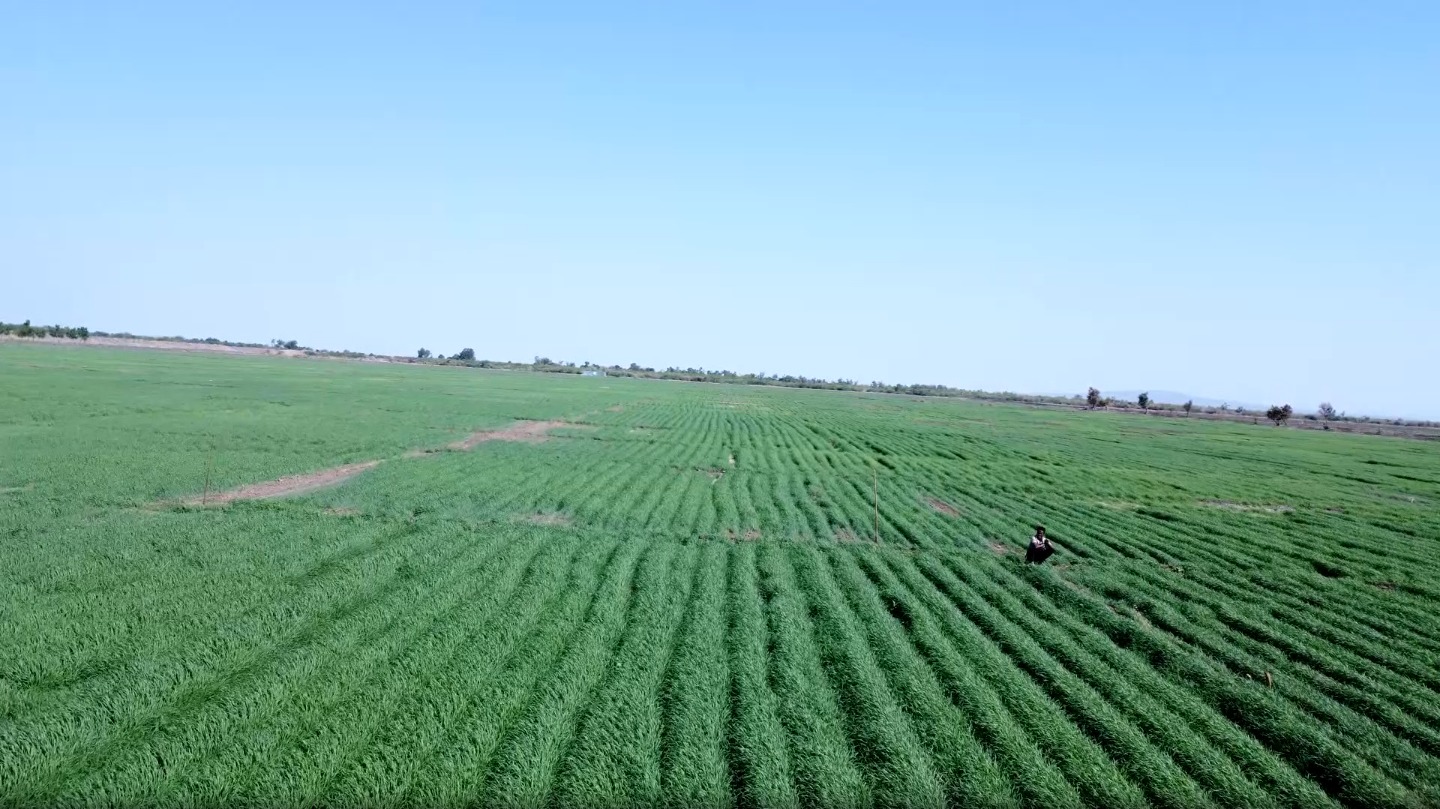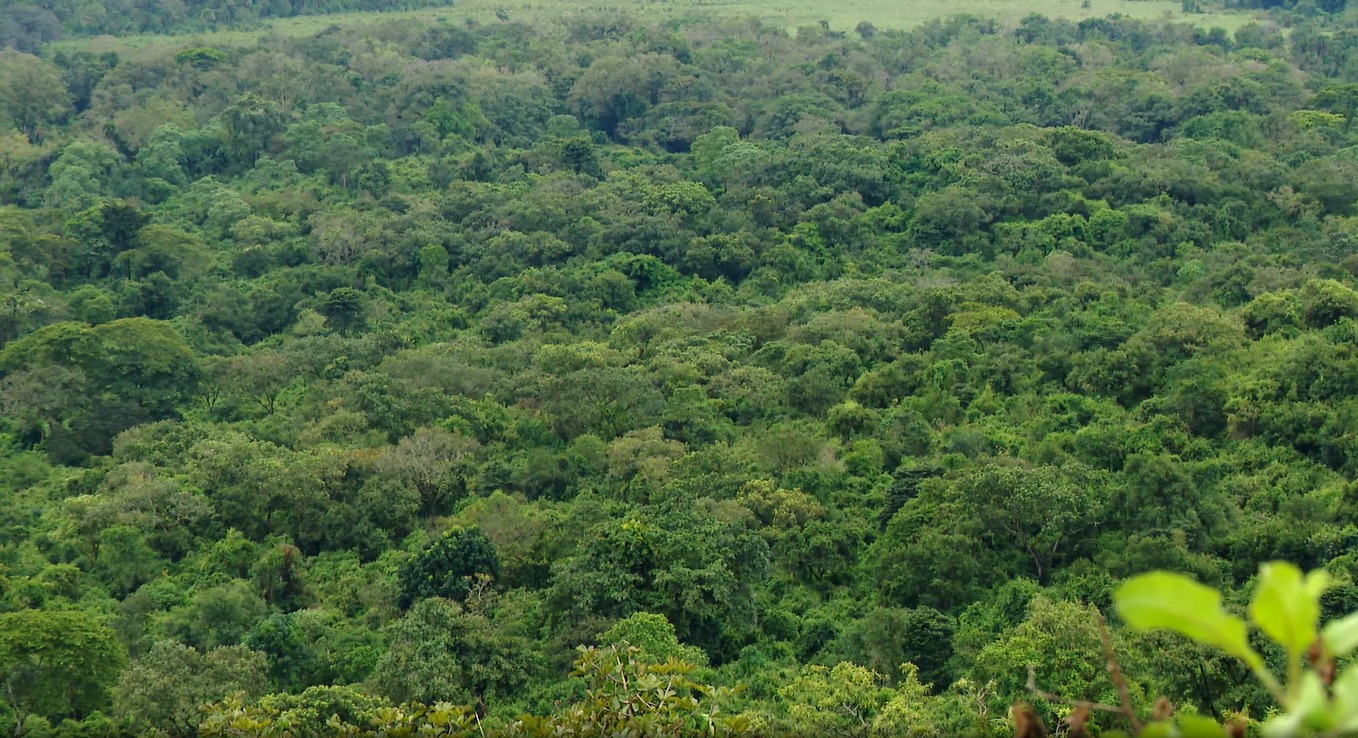Tomorrow’s UNFSS+4 Summit in Addis: Why Ethiopia Leads the Global Food Dialogue
Addis Ababa, July 26, 2025 (FMC) — As the United Nations Food Systems Summit +4 (UNFSS+4) is set to open tomorrow in Addis Ababa, Ethiopia stands at a pivotal moment in its journey toward food sovereignty and becoming a leading agricultural exporter in Africa.
The country’s remarkable progress in expanding its agricultural footprint has attracted strong support from global and continental stakeholders, reinforcing its role as a model for sustainable, climate-smart, and inclusive food systems development.

Over the past year, Ethiopia’s cultivated land surged from 23 million hectares to 31.8 million hectares, now accounting for nearly 9% of Africa’s total cropland, according to the Ethiopian Agricultural Transformation Institute. This growth reflects a concerted national effort under Prime Minister Abiy Ahmed’s leadership to boost agricultural productivity, mechanization, and irrigation infrastructure, aimed at increasing food security, export capacity, and rural livelihoods.
Ethiopia’s commitment aligns closely with the Comprehensive Africa Agriculture Development Programme (CAADP), which seeks to accelerate agricultural growth across the continent through investment, innovation, and sustainability.
The African Union, along with key United Nations agencies such as the Food and Agriculture Organization (FAO) and the World Food Programme (WFP), has lauded Ethiopia’s strides and continues to back initiatives that enhance climate resilience, nutrition, environmental restoration, and market integration.

A flagship initiative, the Green Legacy Program, goes beyond increasing agricultural yields by restoring degraded landscapes, combating deforestation, and increasing biodiversity. Since its launch, billions of trees have been planted across millions of hectares, contributing to carbon sequestration efforts vital for climate change mitigation. The program also supports soil fertility improvement, water conservation, and creates green jobs, thus fostering socio-economic development and resilience for rural communities vulnerable to climate shocks.
Additionally, Ethiopia has advanced complementary programs focused on agroforestry, sustainable land management, and ecosystem restoration, which work synergistically with Green Legacy to build resilient food systems. Investments in mechanization, irrigation schemes, and improved seed varieties further enhance productivity and help reduce post-harvest losses.
The UNFSS+4 summit offers a critical platform for Ethiopia to showcase these multi-dimensional achievements and rally further international support. The country’s efforts to achieve wheat self-sufficiency and diversify its agricultural exports have already earned international recognition, including the FAO Agricola Medal awarded to Prime Minister Abiy Ahmed in 2024.
Global partners and continental institutions reaffirm their commitment to Ethiopia’s vision through collaborative frameworks like the Convergence Initiative, which integrates food security with climate adaptation, nutrition, and environmental sustainability objectives. With Africa holding about 60% of the world’s uncultivated arable land, Ethiopia’s progress underscores the continent’s potential to lead the global food systems transformation.
As UNFSS+4 kicks off tomorrow in Addis Ababa, Ethiopia exemplifies how national ambition combined with credible international commitments can drive sustainable agricultural growth, food sovereignty, climate resilience, environmental restoration, and increased export capacity—setting a benchmark for the continent and the world.

